The reflection of the Sun, capricious, appears in the form of a cross on the steel dome of Berlin's Fernsehturm. Considering this building was the crown's jewel for the GDR socialist government, whose principles were profoundly atheist, it is easy to imagine how inopportune this effect was. The legendary Berliner humour quickly referred to the reflection as „Rache des Papstes“ (the Pope's revenge).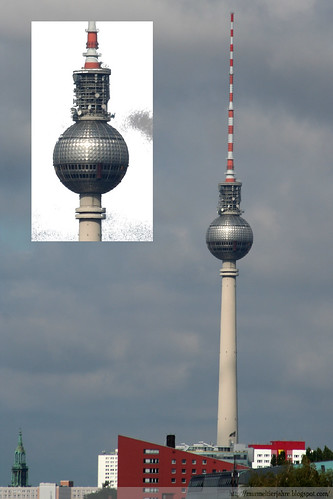
It is said that the dreadful Stasi questioned the tower's architect to be sure this was not something he planned and carefully designed on purpose. I read one of the Government officers ended the long discussions about the topic with the words „Das ist kein Kreuz, sondern ein Plus für den Sozialismus!“ ("That's not a cross, but a plus for Socialism!")
The elegant silhouette of the Fernsehturm, with or without cross, is a view that always make me smile, because it means I am in Berlin, one of the cities where I can picture myself living.
Sunday, 28 September 2008
Rache des Papstes
Thursday, 25 September 2008
The American Way
When travelling to the United States, Lufthansa offers some practical advice on how to complete the I-94W immigration form. Among other tips, it is recommended for European visitors to write numbers the American way, and not the European way, so that no misunderstanding can happen with immigration officers. 
In spite of a lot of striking similarities, especially if you compare North-Eastern America with Central Europe, there is still an awful lot that's done differently on each side of the Atlantic Ocean.
The one thing that appeared most evident to me is that North Americans talk. A lot. It does not really matter if they know you or not. They are eager and willing to talk to table neighbours in a bar, spontaneously offer help if you just seem to be a little lost, ask you about your country or, simply, listen to your story. Someone told me that if you ask an average North American for the time, you have already made a new friend. And it seems to be true. Not only in lovely small towns at the heart of a National Park, but also in big cities (so big, in fact, that some might consider them capital of the western world).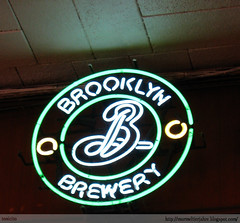
This US people feature might be somewhat surprising to us residents of the Old World, where everyone tends to mind her or his own business and don't care about the others'. Confronted with the true masters of small talk, we felt a little strange at first. But we quickly recognised the advantages of giving conversation to people. Because thanks to perfect strangers that were willing to talk to us, we have been to places that we would never have discovered otherwise.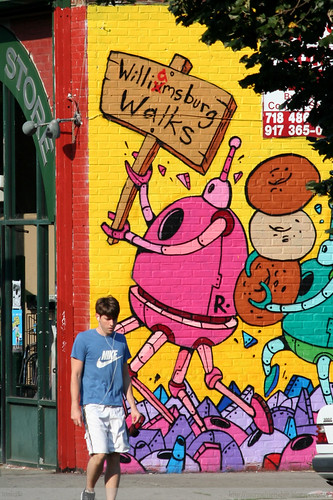
I think the greatness of this attitude is that it ends up in win-win situations quite often, in which both parties get something useful. And even nothing more but a friendly conversation with no obvious chance for anyone, it is still a nice experience. Either way, such an approach to social relations lets North Americans being open to new opportunities, to unexpected chances, practising actively the so-called "networking". Its principle is to establish contacts between people you know, who might be interested in knowing each other, whatever the reason. That way, the tremendous power of exponential growth is put to work for us.
A week before travelling to the States, I was waiting to get my international driving license at the ÖAMTC (the Austrian Automobile Association) in Salzburg. An old lady in front of me was asking for road information for her vacation, and I heard she asked about destinations on the coast between Barcelona and Tarragona. I smiled and waited for my turn. As I later got my license and went out, I saw she was still there at the parking lot, and I thought on approaching her and tell her that Tarragona is my birthplace and offer her some more advice. But, you know, I'm a little shy and do not feel really comfortable starting conversations with strangers, so I just unlocked my bike and rode away.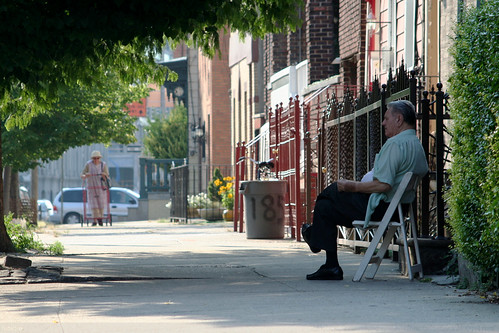
And I almost immediately regret not having talked to her, because nothing bad could have happened, she would have get first-hand information about the region from a native and, who knows?, probably I would have got something from her, even just the satisfaction of helping someone would have been fine. But no.
Maybe next time?
Sunday, 21 September 2008
Sunday, 7 September 2008
Underwater
There is a small country in Micronesia that I feel especially bond to. The island nation of Palau consists of 8 major and some 250 minor islands, has less than 20000 inhabitants and its highest point is less than 250 meters.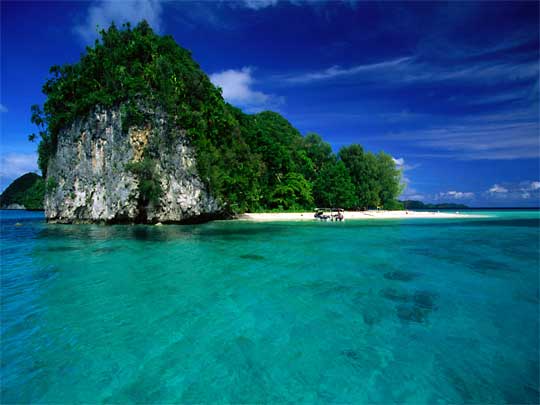
(picture: lonely planet images)
It is not difficult to imagine how do Palauans (and most of the islanders in the world) feel about ice melting on the Poles and the accelerating sea level rise associated. Many countries, like Palau, are going to see their coastlines dramatically affected. Other nations will simply cease to exist.
That's why Palau and some other small islands are willing to present a resolution calling on the UN Security Council to address climate change as a pressing threat to international peace and security. Avaaz, an international NGO, started raising signatures to help support these small islands. I believe the first step to solve a problem, maybe the most important one, is to realize that we have a problem.
(picture: woody1778a)
Many years ago my father received a post offer to buy a special edition of all stamps of the Republic of Palau, which was being offered to people bearing this name around the world. He did not take the offer at the time, although he lamented not having done so afterwards.
I always thought maybe some day I would receive such an offer, too. I really hope that it is not too late for Palau and for all threatened small islands around the world.

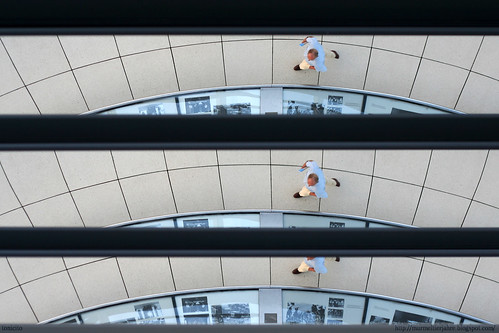
 versión en español
versión en español






